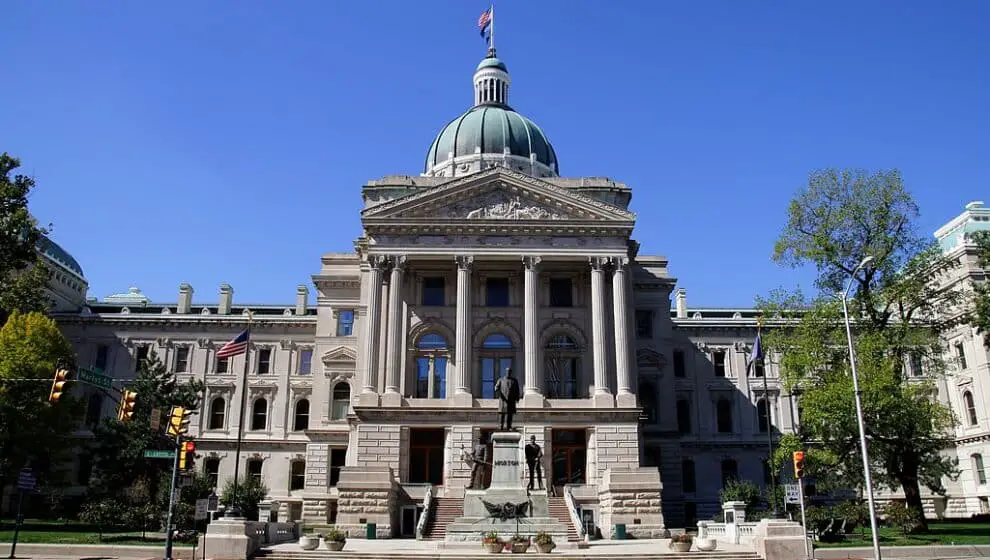Local economies have alot of considerations to consider as they advance clean energy transitions.
Key Details
- The future of fossil fuels is in question, with the push for green energy attempting to phase them out to reduce greenhouse gas emissions but facing the reality that gas, oil, and coal will continue to play a role in energy production for the foreseeable future.
- The 21st Century Energy Policy Development Task Force in Indiana is one of the numerous organizations facing the challenges of transitioning local economies from fossil fuels to clean energies, and it remains uncertain about how that transition is going to take place fully.
- Businesses in Indiana are generally open to embracing the transition, according to the Indiana Economic Development Corporation. Some are even demanding 100% renewables.
- The impact of the transition though will affect how local legislative bodies move forward with the transition—taking the demands of local businesses and energy costs into consideration.
Why It’s Important
Small communities like those in Indiana are at the forefront of the green energy revolution. Many rural and suburban communities with less capital are most vulnerable to being negatively impacted by significant changes. That said, the state’s power grid transition from fossil fuels to green energy is expected to happen slowly, with the cooperation of local legislative bodies.
“As Indiana looks to form an energy policy of the future, not everyone is in agreement on how much of a role fossil fuels will play in that equation,” says The Indiana Business Journal. “Most companies looking to move to or expand in Indiana are interested in clean energy.”
As we previously reported, the International Energy Agency does not foresee fossil fuels being eliminated soon. It expects that usage of fossil fuels will peak between 2035 and 2050, concurrent with efforts to invest in green energy technologies and alternatives to current power generation.
New businesses looking to move into the state of Indiana are pushing for 100% renewable energy, but state representatives are encouraging tempered expectations, as fears around the high cost of renewable energy are tempering the debate.
Notable Quotes
“Many companies have indicated in their request for proposals that they expect a certain level—sometimes 100% of the energy consumed at an operation—to be generated from renewable sources. More importantly for Indiana, many of these [original equipment manufacturers] are pushing this expectation down through the supply chain, asking your suppliers to demand the same in an effort to help them achieve their energy sustainability goals,” says Indiana Economic Development Corporation SVP Mark Wasky.
“There were folks that I’ve been involved with that would say, ‘I want 100% renewable,’ and I would say, ‘You can’t run your company on 100% renewable. How do we encourage renewables without compromising affordability?” says Representative Ed Soliday (R-IN).

